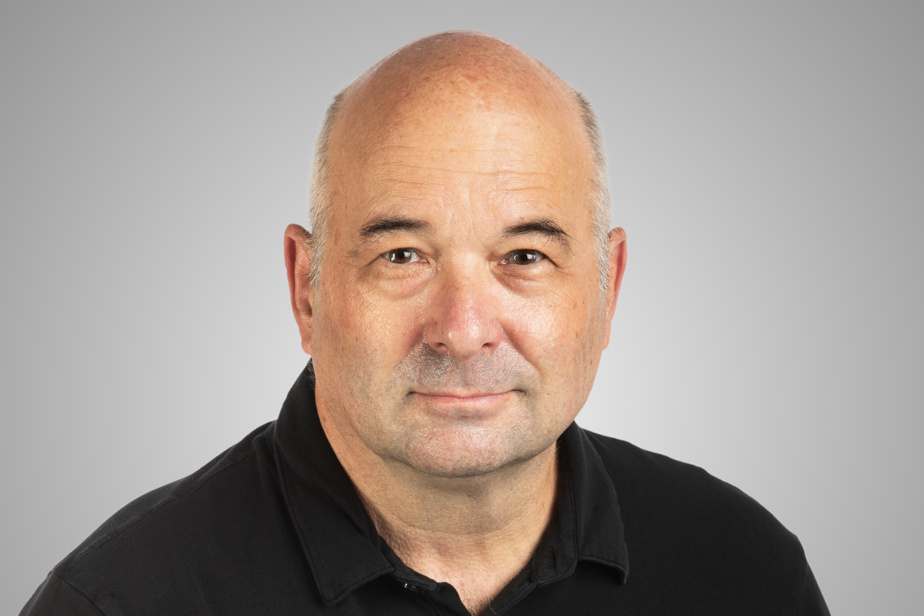
It’s a misleading debate that the National Assembly will start working on in a few weeks. The Liberal Party of Quebec, strong in its official opposition status, wants to prevent the Parti Québécois and, above all, Quebec Solidaire from having the rights and privileges of the so-called recognized parties.
Posted at 6:00 am
It is a gross misapplication of both the law and the rules and tradition of parliamentary assemblies in Quebec and Canada.
From the outset, it must be remembered that the often-talked norm of 12 deputies or 20% of the vote as a recognized parliamentary group does not have the force of law, but comes from national norms. Assembly. A rule that always adapts to circumstances and exceptions are often made.
The history of this standard is interesting. There have been no small parties in the National Assembly for 100 years. The Blues and Reds exchanged power there and we only had to manage the speaking time of a few rare independent deputies.
All this changed after the 1970 elections with the emergence of the Parti Québécois and the Rallye des Creditists. But the newly elected Premier Robert Bourassa was undaunted. He took the election results to identify new parties.
The Creditists had 12 deputies and 11% of the vote: this became a 12-seat regime. The PQ had 23% of the vote, but only seven deputies: it became the 20% rule. A novelty of British parliamentarism, which traditionally considered only MPs.
We immediately see that the oath is not enforced to curtail the speaking rights of members, but to ensure that the greatest number can express themselves and participate fully in parliamentary proceedings. The intention is very clear and it has become one of the fine traditions of the National Assembly.
Moreover, the National Assembly has been very tolerant over the years. She can also be considered independent when it comes to public representatives.
For example, after the 1989 elections, the Equality Party—a result of a revolt among English-speaking voters in the PLQ—received less than 4% of the vote, but four deputies. It is recognized as a “political formation” rather than a party. But with all the features of recognized parties, namely: research budget, access to parliamentary committees and question period.
Today, trying to use the rules to limit the speaking rights of the two parties that won fewer seats than the PLQ but got more votes is not just a petty political game, it is an attempt to pervert the traditions of open debate, belonging to our National Assembly.
Moreover, it is time to question this standard of 12 deputies and 20% of the vote, which does not need to be carved in stone.
Notably, the 12-member Quebec standard for being a recognized party is the strictest of all provinces in Canada. In Nova Scotia and Saskatchewan, it’s two. It’s three in Newfoundland and Labrador, four in Alberta. Even Ontario, which has a larger population than Quebec, has only eight.
For the record, in Ottawa, there is also a number of 12 members, without reference to the percentage of votes obtained, which was intended in the 1963 Act to give extra remuneration to leaders of opposition parties, regardless of parties. …
In Quebec, with the proliferation of opposition parties, the 20% criterion may no longer have the same relevance. Currently, we see three parties around the 15% mark, and even four if we count the Conservatives who failed to elect a deputy.
Moreover, the best we can do in these circumstances is to give the Conservative Party access, if not to the Houses of Parliament, at least to the press gallery across the street!
Oath to the King
Lots of comments on my last column. But I persist: to use that as an excuse not to occupy one’s seat as a deputy is to choose a purely symbolic scenario rather than concrete action.
If we want to abolish the oath, common law is necessary. As soon as the deputy to the leader of the PQ… presentable act.
Levesque, Pariseau, Laurin and 15 other PQ MPs elected since 1970 took the oath. Because that’s what they thought of it: just a formality.
And if this formality becomes intolerable to you, logically, as your passport is issued, avoid traveling abroad in Her Majesty’s name.








